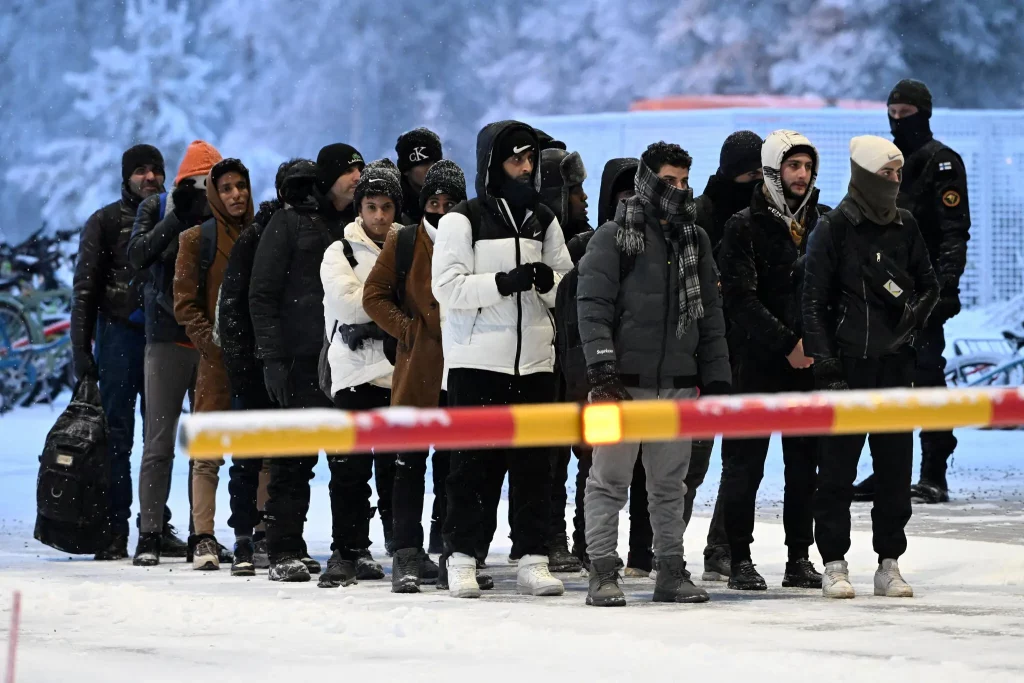Finland is seeing a rise in fear among undocumented migrants as the country’s right-wing government continues to tighten immigration rules. Since 2023, Finland has made it harder to get asylum, residence permits, and family reunification. These changes have led to more deportations and a drop in both work-based immigration and successful asylum approvals.
From January to September 2025, about 2,070 foreign nationals were deported from Finland. This is 30% more than during the same period in 2024. Officials say they are now checking more carefully whether migrants have the legal right to stay in the country. If they do not, efforts are made to remove them from Finland or the wider Schengen area. It is estimated that between 3,500 and 5,000 undocumented migrants are currently living in Finland.
One key issue is that undocumented migrants are no longer allowed to apply for jobs while inside Finland. Instead, they must leave the country and apply from abroad. Even people who have appealing rejected asylum applications are facing removal, making many feel unsafe and uncertain about their future.
Many undocumented migrants in Finland rely on community support centers for help. One such place is Toivon talo, or “House of Hope,” located in Helsinki. The center offers legal advice, social support, medical care, and meals. Most visitors come from countries such as Morocco, Somalia, and Iraq, though more than 40 nationalities are represented.
A Moroccan woman who spoke to AFP said she came to Finland in early 2024 to find work but was unable to secure a job during the 90 days allowed without a residence permit. She fears returning to Morocco because she is divorced and worries her ex-husband will harm her. Despite this, she has been ordered to leave Finland.
Why are migrants afraid of deportation in Finland?
Migrants fear deportation because many believe they may face danger, violence, or instability in their home countries. Some also worry they will not be able to rebuild their lives if forced to return.
Government officials say the goal of the new policies is to improve security and align Finland more closely with other Nordic countries. However, researchers and migrant support workers say these changes are making it harder for people to build safe and stable lives. They explain that in the past, migrants who stayed long enough often managed to settle. But now, that possibility is disappearing.
Finland’s shift reflects a broader change in how the country views immigration. While the government says it wants to encourage work-based migration, many migrants and experts believe the environment has become more hostile and uncertain. For people who came hoping for safety or a better life, the dream of building a secure future in Finland now feels more distant than ever.

